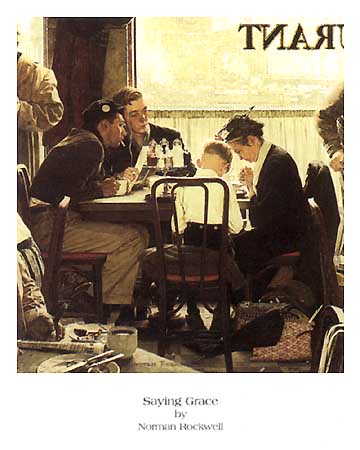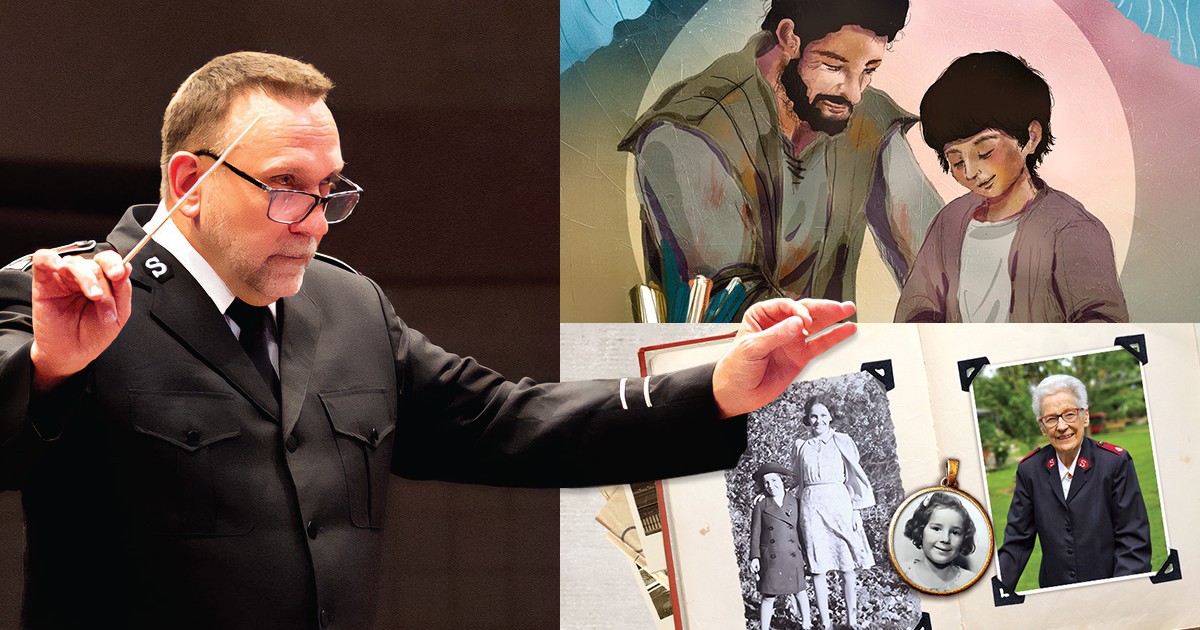 Grace. In the context of the spiritual, author Philip Yancey calls these five letters “the last best word.” For those who are new to the English language and attempting to navigate its little idiosyncrasies, it is a challenge that takes endurance. Indeed, there are at least 10 other definitions of the word used in a variety of contexts from elegance of movement to a titled person or a musical term. In this holiday season of gratitude, however, the meaning of grace refers to a short prayer before a meal, invoking a blessing upon the food and giving thanks to God.
Grace. In the context of the spiritual, author Philip Yancey calls these five letters “the last best word.” For those who are new to the English language and attempting to navigate its little idiosyncrasies, it is a challenge that takes endurance. Indeed, there are at least 10 other definitions of the word used in a variety of contexts from elegance of movement to a titled person or a musical term. In this holiday season of gratitude, however, the meaning of grace refers to a short prayer before a meal, invoking a blessing upon the food and giving thanks to God.
Our Daily Bread
So sacred is this moment that the scene at the dinner table has been depicted in many styles of art over the centuries. Perhaps one of the best known appeared as a cover illustration created by Norman Rockwell for The Saturday Evening Post. His art became famous for capturing everyday scenarios that were important to faith and life. In his 1951 work entitled Saying Grace, he created the quintessential illustration of a mother and son at a restaurant table with reverent heads bowed under the watchful gaze of other patrons. Another famous painting, based on the 1919 photo by Eric Enstrom entitled Daily Bread, is dramatic and in its simplicity strikes at the heart as an elderly man bows his head before a solitary loaf.
No matter the faith tradition, saying grace is a means by which humankind, nature and the infinite connect. Some choose to offer a prayer only at special holidays, such as Easter, Christmas and Thanksgiving. In Christian practice, Deuteronomy 8:10 is traditionally cited as the scriptural basis for offering the prayer: “When you have eaten and are satisfied, praise the Lord your God for the good land he has given you.”
Paid in Full
For many it is a natural part of every meal to offer thanks and to ask God to bless their food. On one occasion when our children were pre-schoolers, we were eating at a restaurant and prayed over the burgers and fries. When our meal was finished, we learned that our bill had already been paid in full by someone who had been touched by the sacredness of the moment.
In later years when our adult sons invited their girlfriends for a meal, there was a sense that even though our faith tradition may not be shared, our guests had an appreciation for the graciousness of the moment. The impact of this lovely tradition is now evident, as these newest additions to our family are often the ones who, when seated around the dining room table, are the first to ask, “Who is going to say the grace?”
Act of Remembrance
Pausing to offer gratitude is an act of communion in remembrance not only for what is on the table but for those who sit across from us. It sanctifies the meal and makes the time spent together sacred no matter the menu. These brief but intimate moments of intercession can often be moving spiritual experiences.
Growing up in what was probably a simpler time, there was a little plaque on the wall of our humble dining room that said:
Christ is the head of this house,
The unseen guest at every meal,
The silent listener to every conversation.
It may be a verse of the past, but it offers a simple reminder that God shares our meal and hears our prayers—not just on Thanksgiving Day, but every time we gather. So much more than eating can transpire around the table, and the verbal blessing called grace is the invocation of gratitude to the sacred time shared.
Lt-Colonel Lynda Watt is the assistant to the secretary for business administration, THQ. She is thankful for her family and the privilege of serving as a Salvation Army officer.










Comment
On Sunday, October 31, 2010, Rob Jeffery said:
On Saturday, October 30, 2010, marilyn said:
Leave a Comment